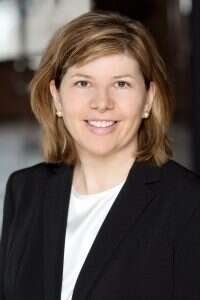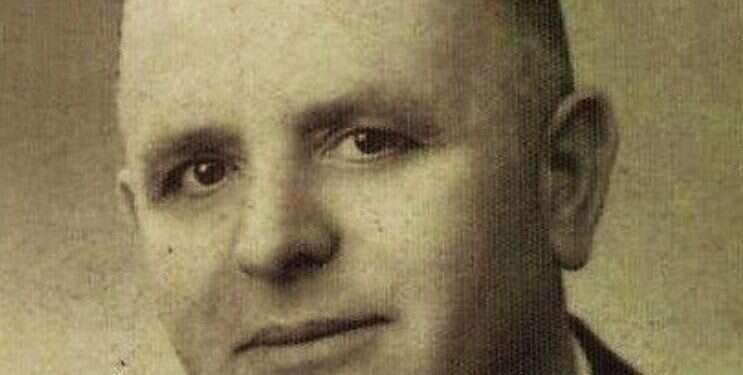In the BBC series "My Grandparents' War," now airing on PBS in the US, World War II history comes to life as modern-day celebrities, including Helena Bonham Carter, learn about their grandparents' experiences in that turbulent era.
Follow Israel Hayom on Facebook and Twitter
American author Elizabeth Vrato has a similar story.

Vrato, a Chicago attorney and author of The Counselors: Conversations with 18 Courageous Women Who Have Changed the World (foreword by Bill Clinton), discovered just last year that her own grandfather, Kadri Cakrani, acted with incredible humanitarianism and bravery during the Holocaust in Europe. Commandant Cakrani sheltered approximately 600 Jews in Albania while serving as the military officer in charge of its Berat region while it was under Nazi occupation.
Cakrani rallied his soldiers and the local citizenry to shelter Jews from the Nazis, even though the penalty for doing so was death. Fluent in German after having gone to school in Vienna, Cakrani lied capably under repeated threats and questioning by Nazi officials, saying he had no information about any Jews in the Berat region. He never turned over a single name. Whenever he got word of Nazi sweeps to find Jews, the sheltered refugees – from Poland, Germany, France and Macedonia – were moved from one part of the city to another, keeping them safe. He also took the enormous personal risk of hiding Jews in his own home.
At the end of World War II, Cakrani himself became a refugee. He put his life on the line once again in opposing Communist dictator Enver Hoxha in his takeover of Albania. Chased by Hoxha's death warrant and aided by British officers Colonel David Smiley and Lieutenant Colonel Billy McLean, Cakrani narrowly escaped to a displaced persons camp in Italy. Cakrani was granted political asylum by President Harry Truman and worked with US Intelligence to try to restore democracy to Albania. Furious at Cakrani's escape and protection by the West, Hoxha seized all of Cakrani's property and assets.
Cakrani never spoke publicly against Hoxha or about his work to shelter Jews during the Holocaust, in order not to endanger the lives of his fellow soldiers and friends who remained behind the Iron Curtain under Hoxha's regime. His story remained untold for decades.
Subscribe to Israel Hayom's daily newsletter and never miss our top stories
Vrato says that during the four years she spent "researching, traveling, and interviewing leaders who changed the world, such as Justice Ruth Bader Ginsburg and Attorney General Janet Reno," she was unaware of this "dramatic, heroic story within my own family."
Vrato first learned of her grandfather's wartime actions from a Facebook post about the new Solomon Museum of Jewish History in Berat in early 2020. Shortly after seeing the post, she visited the museum, just before borders closed due to the COVID pandemic.
Some of the testimony, correspondence, and photos about her grandfather's selfless acts she encountered there, collected by Professor Simon Vrusho, now are viewable on KadriCakrani.org. The site's content is available in English, Hebrew, and Albanian.
"I'm so proud this story can finally be told," Vrato says. "My grandfather shows us the best aspects of humanity and of Europe."




